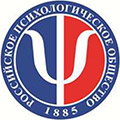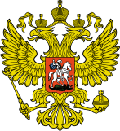Differences in Brain Functional Network Topology in High and Low Working Memory Performance
DOI:
https://doi.org/10.15826/Lurian.2023.4.2.3Keywords:
cognitive neuroscience; network neuroscience; functional connectivity; working memory; topology of neural networksAbstract
Nowadays the network approach in neuroscience provides a promising way of analyzing neurophysiological mechanisms that underlie psychological functions and is widely used to study working memory. To date, data obtained in neuroimaging studies links working memory with topological features of brain networks, such as increased connectivity between frontal, parietal, and temporal regions, as well as increased integration in brain networks as a whole. The present study examines the relationship between the topological characteristics of functional brain networks with the performance in the Sternberg item recognition paradigm based on electroencephalographic data. It is shown that the higher performance in Sternberg paradigm, implying a higher efficiency of the processes of encoding, storage, and retrieval of information from working memory, is associated with an increase in the integration of functional networks, expressed in differences in the clustering coefficient, participation coefficient, Wiener index and eigenvector centrality between the groups of high and low working memory task performance (p < .01). In addition, our data suggest the variability in the topological pattern of connectivity, which can be traced through changes in the magnitude of the standard deviation of the values of topological metrics during the task.





